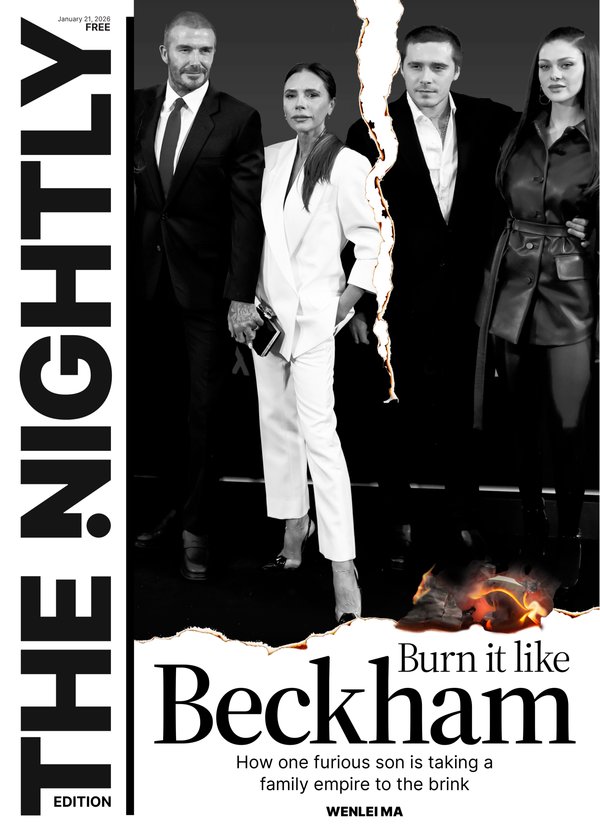The Madness review: Colman Domingo Netflix conspiracy thriller is competent but unfocused
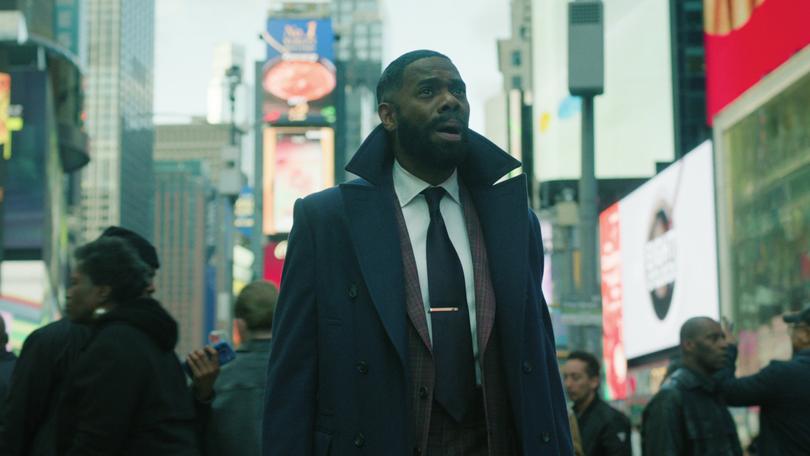
One of the great pleasures of following Harrison Ford’s career is watching him in The Fugitive as Dr Richard Kimble, wrongfully accused in his wife’s murder, dashing from one unlikely scenario to the next with Tommy Lee Jones in pursuit.
Ford’s screen presence has an innate decency and everyman quality, despite being impossibly attractive, and all you want is for him to get through this. Same with Cary Grant in North By Northwest and a pre-slap Will Smith in Enemy of the State.
Colman Domingo has that same quality. The Oscar-nominated actor has played complex characters of all stripes, but he has that watchability about him. He could be just walking or sitting and you would still be entranced.
Sign up to The Nightly's newsletters.
Get the first look at the digital newspaper, curated daily stories and breaking headlines delivered to your inbox.
By continuing you agree to our Terms and Privacy Policy.Across the eight episodes in the limited series, The Madness has a lot of Domingo to go around and he’s the perfect person to carry a show that is built around following one character. When you have someone who is in almost every scene, you better cast the right person.
The Madness is a conspiracy thriller centred on Muncie Daniels (Domingo), a controversial CNN commentator. Loaded with his university degrees, a beautifully tailored wool coat he wears like armour and his upper-middle-class trappings, Muncie views himself as something of an exceptional figure.
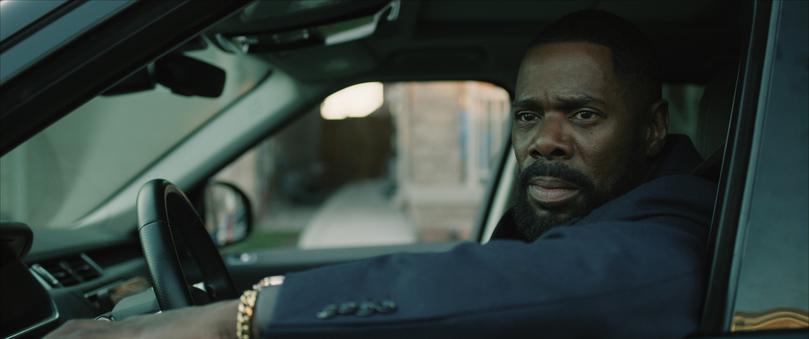
He rents a cabin in the woods (nothing good ever starts with a cabin in the woods) for some clear air to write his book. When he goes over to the neighbouring cabin to borrow a gas bottle, he stumbles across a murder scene. The man (Tahmoh Penikett) he met earlier is now chopped to bits and two masked men start to pursue him.
The murder victim was a prominent white supremacist and it was only too easy for Muncie, a famous black man, to be framed for the killing.
Through various contrivances, Muncie remains on the streets rather than in custody and tries to uncover who’s behind everything and why — and just who has so much power that even his lawyers won’t defend him.
In this effort, he meets a FBI agent, Franco Quinones (John Ortiz), the widow of the murdered man, Lucie (Tamsin Topolski), and a billionaire named Stu Magnusson (Bradley Whitford), and ventures into the world of extreme-left militias, white supremacist groups and the uber elite.
The white supremacy aspect brings a different dynamic to the series because, at times, as a black man who is thought to have killed their leader, almost anyone on the street is a threat. The Madness’s directors including Clement Virgo infuse these moments with jeopardy.
There is also the personal element, including his soon-to-be ex-wife Elena (Marsha Stephanie Blake), their teenage son Demetrius (Thaddeus J. Mixson), his adult daughter few know about, Kallie (Gabrielle Graham) and father-figure Isaiah (Stephen McKinley Henderson).
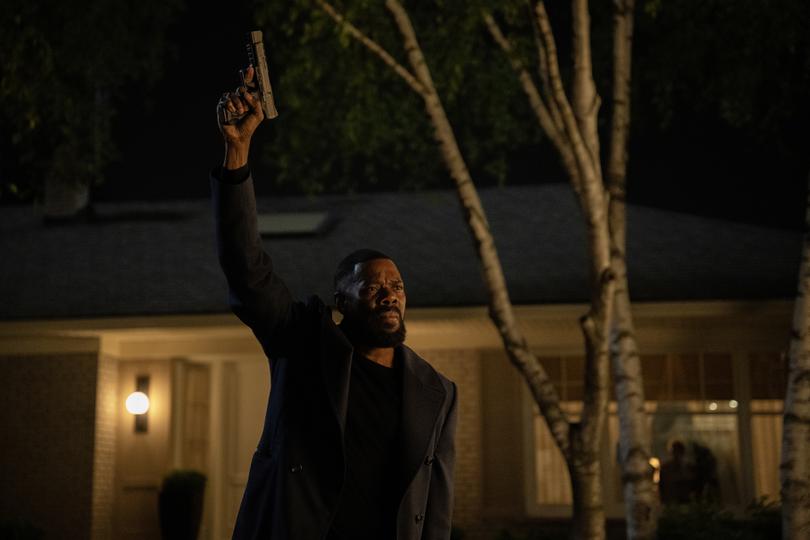
Muncie is not as comfortable walking in both worlds as he should be, and wonders if he is disconnected from his community and his roots.
There’s an interesting tension The Madness explores, which is that when Muncie is in trouble, who can he go to for help? The community he came from or the one he bought into with his accomplishments? It’s a rich vein but the series only goes halfway in, preferring to focus on thriller tropes.
The more action-oriented scenes (car chase, being tailed, guns waved about) are competently directed, and Domingo gives a multi-layered performance.
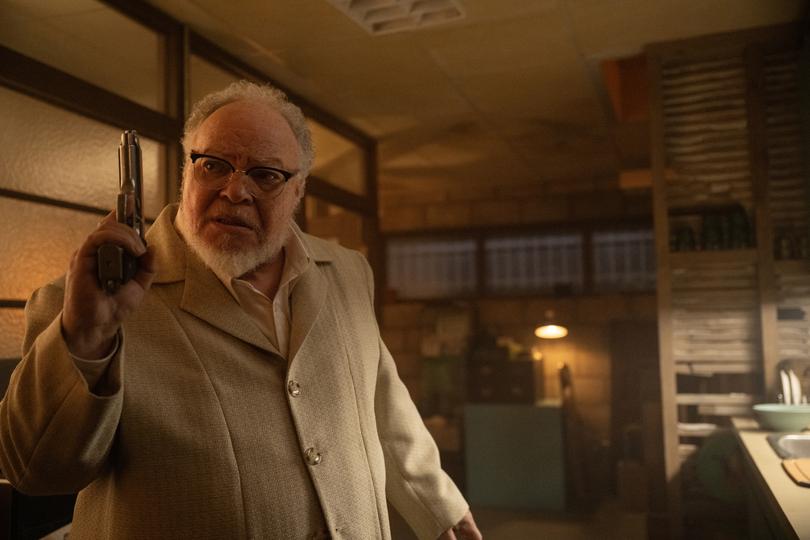
But what it’s really missing is the cat-and-mouse part. For the majority of the episode, there isn’t a singular foe to be the other half of the equation, who’s actually chasing him?
It spends too long unravelling the conspiracy so that by the time the villainous forces is manifested in one assassin, it feels too late. It didn’t have the runway to build that match-up into a formidable one.
At eight episodes, the series is probably two chapters too long with chunks of fodder that feels like treading water, and it has a couple of plot holes or unresolved beats. But it is, for the most part, compelling, even if the pay-off is a little unsatisfying.
The problem with conspiracy thrillers in 2024, and this isn’t just The Madness, is the scheme at the centre of them feel neither too outlandish or too grounded. Our barometer for a twisty conspiracy has been warped by the real world, and we don’t know how to get that back.

